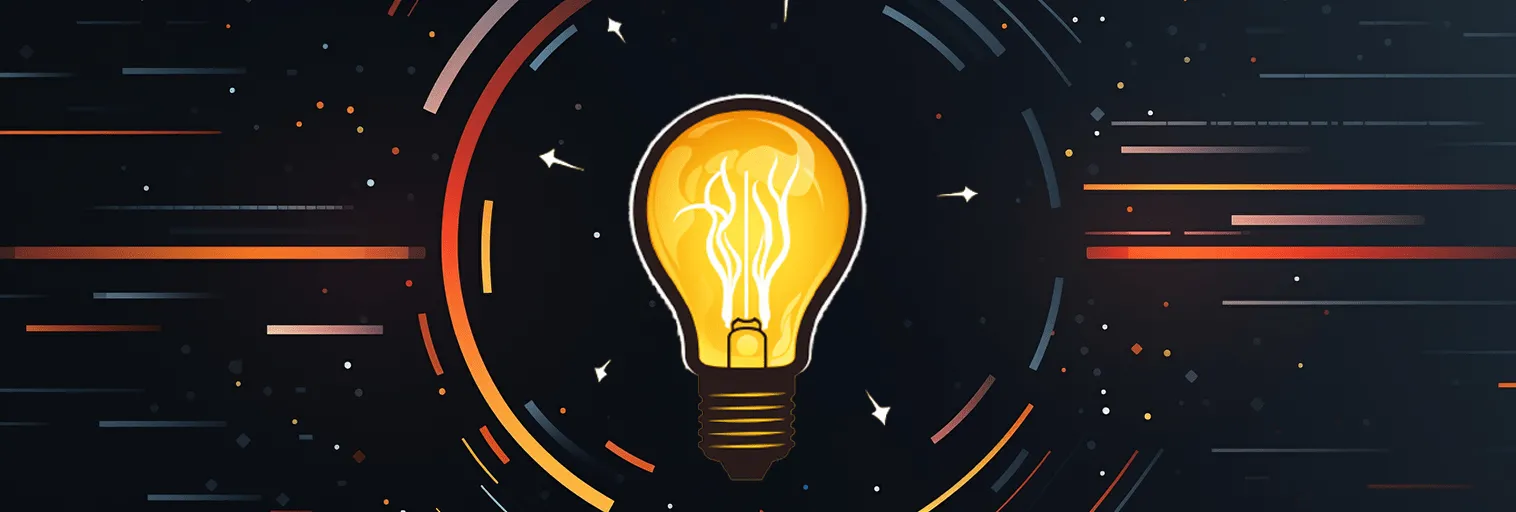Study Idea Generator
🧪 10 Innovative Study Strategies for Science Education
- Concept Mapping Chains
Students build interconnected concept maps to visualize relationships between scientific ideas (e.g., photosynthesis, respiration, ecosystems). Helps in system-level understanding.
- Gamified Quiz Battles
Use platforms like Kahoot! or Quizizz to create competitive science quizzes. Adds fun, improves recall, and increases classroom engagement.
- Science Simulation Labs
Utilize virtual labs (like PhET or Labster) to perform experiments online. Great for visual learners and schools with limited lab resources.
- Feynman Technique Journaling
Students write simplified explanations of science topics in their own words as if teaching a 10-year-old. Builds deep understanding and self-reflection.
- Collaborative Case Study Solving
Groups analyze real-world science problems (e.g., environmental issues, medical mysteries). Encourages critical thinking and teamwork.
- Flashcard Pyramid Drills
Stack flashcards by topic complexity, moving from basic terms to advanced applications. Boosts layered learning and spaced repetition.
- Podcast Reflections
Assign science podcasts (e.g., Radiolab, Science Vs) and ask students to summarize or debate ideas. Great for auditory learners and current topic integration.
- Science Meme Creation
Students turn key concepts into funny or clever memes. Builds creative engagement and helps memory retention through humor.
- Interactive Timeline Projects
Students build digital timelines (using tools like Canva or Sutori) to map scientific discoveries, showing progress and evolution of knowledge.
- Peer-Led Microteaching
Students prepare and teach short lessons on specific topics. Enhances confidence, accountability, and peer learning.

 ChatGpt
ChatGpt 
